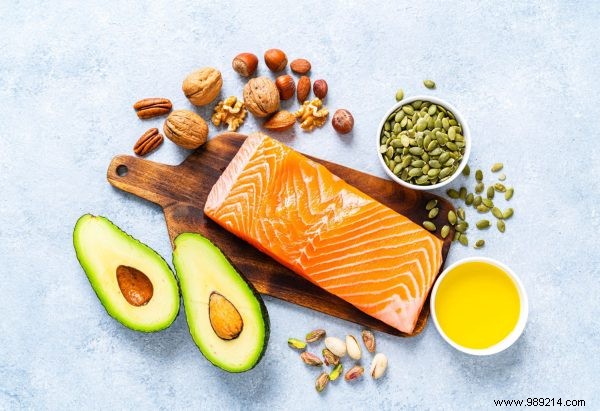
Most people understand that healthy fats are a vital part of a balanced diet. But how well do you really know them? As nutrition experts, we've answered five common questions to help you make informed choices.
Fat provides essential energy and delivers key nutrients like vitamins A, D, E, and vital fatty acids. It fuels the body while also insulating against cold, transporting fat-soluble vitamins, cushioning organs and the nervous system, building cells, and regulating key processes. Without adequate fats, your body can't function at its best.
Read also: “These 10 foods contain less than 100 calories per serving.”
Fats are a blend of saturated and unsaturated types, though one typically dominates. Unsaturated fats support healthy cholesterol levels in the blood. For optimal health, replace saturated fats with unsaturated ones where possible. Rich sources include avocados, mayonnaise, vegetable oils, margarine, nuts, and fatty fish. Unsaturated fats stay liquid at room temperature.
Unsaturated fats fall into monounsaturated or polyunsaturated categories, defined by their chemical structure. Monounsaturated fats feature one double bond between carbon atoms, while polyunsaturated fats have multiple double bonds.
Essential fats, like omega-3 and omega-6 polyunsaturated fatty acids, can't be made by the body and must come from your diet. Non-essential fats, however, can be produced internally.
With growing awareness of environmental impact, many are shifting toward flexitarian or plant-based eating—skipping meat a few days a week or more. These choices benefit health and the planet. Vegetable fats often have a lighter environmental footprint.